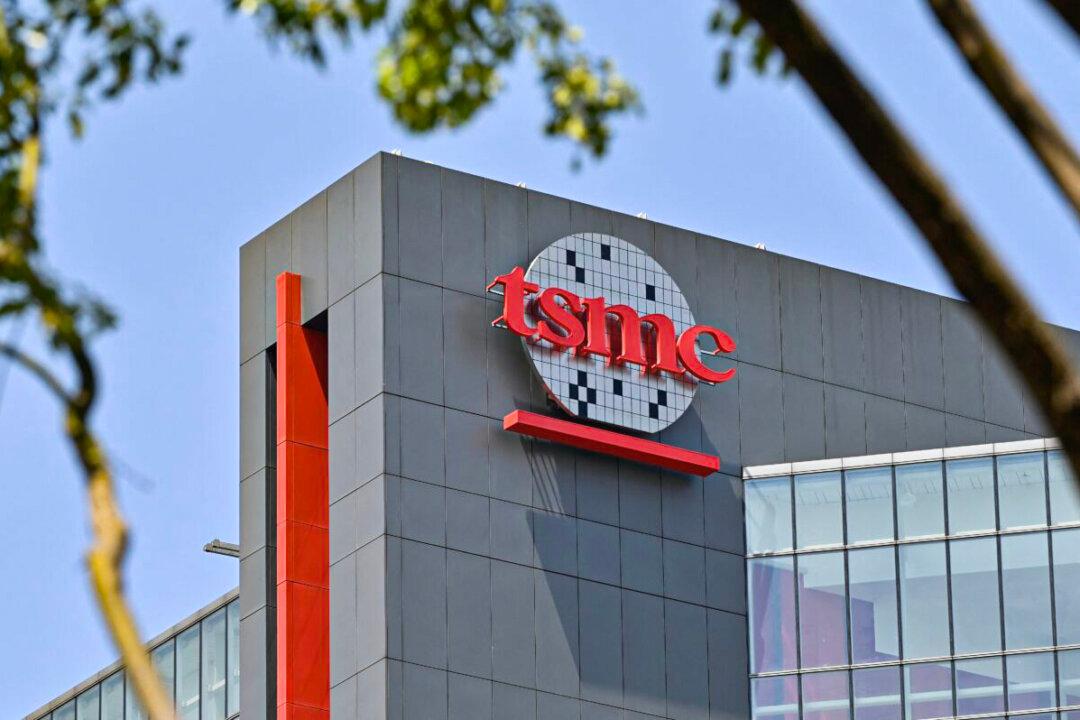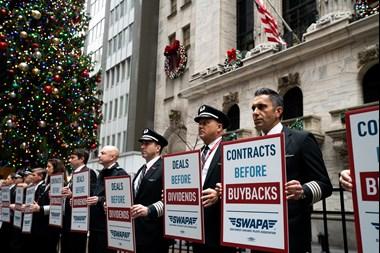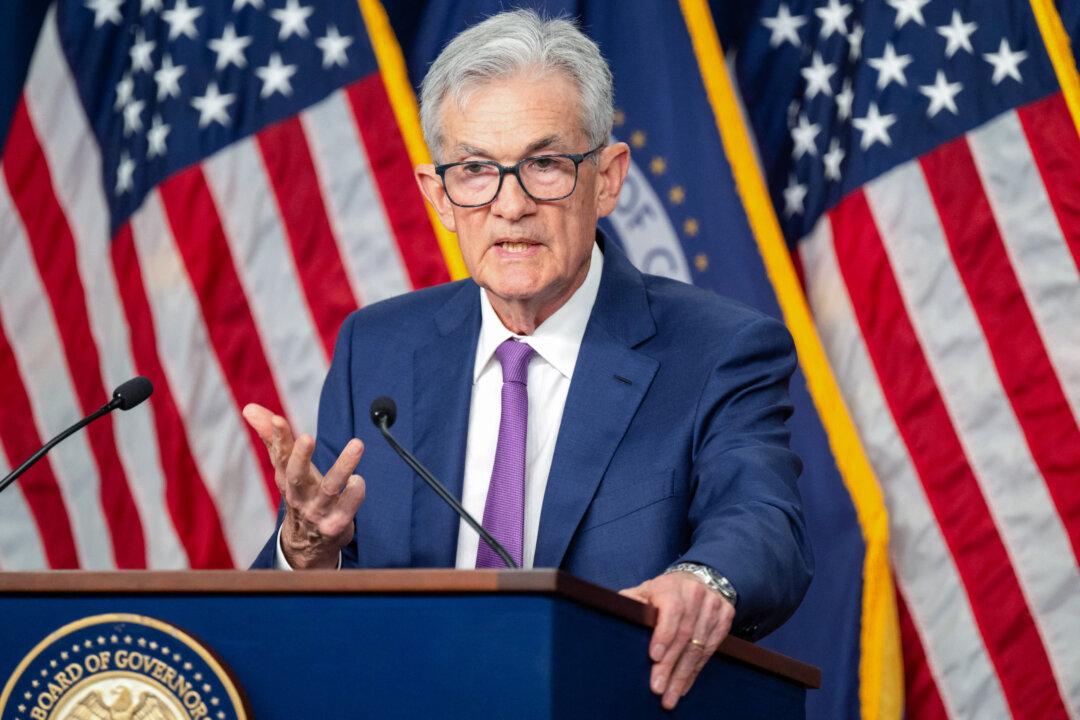Commentary
Earlier this month, Chen Wenling, the chief economist of China Center for International Economic Exchange, a state-run Chinese think tank, proposed that China “recover Taiwan“ and seize Taiwan Semiconductor Manufacturing Co. (TSMC) if the United States and the West imposed sanctions on China akin to those that have been imposed on Russia.





